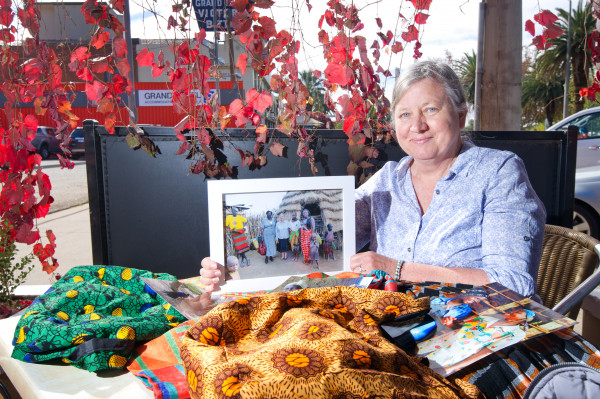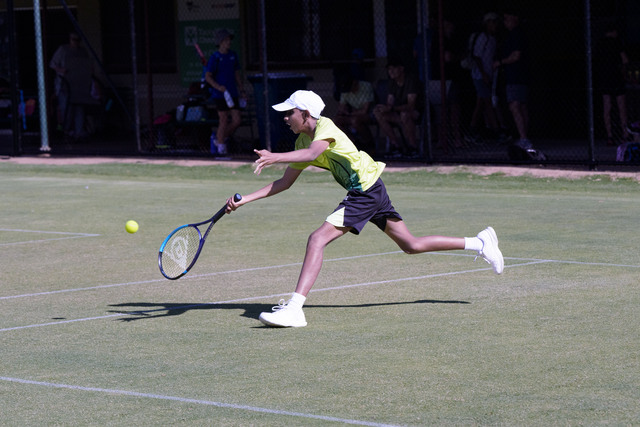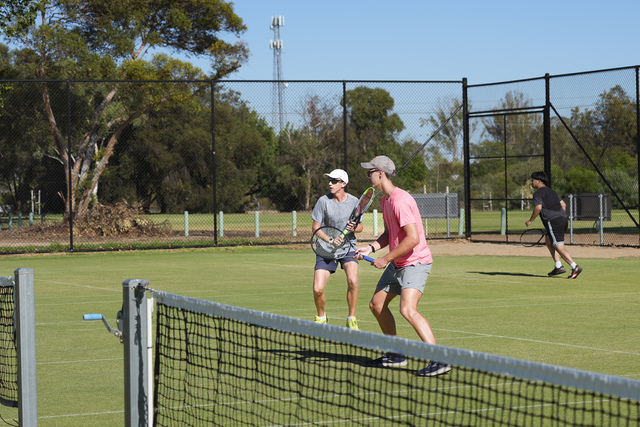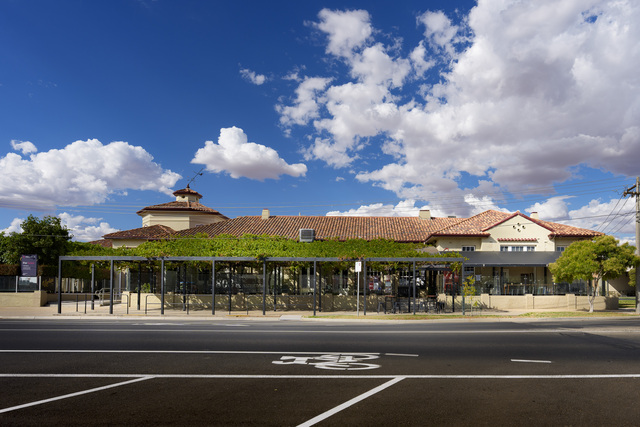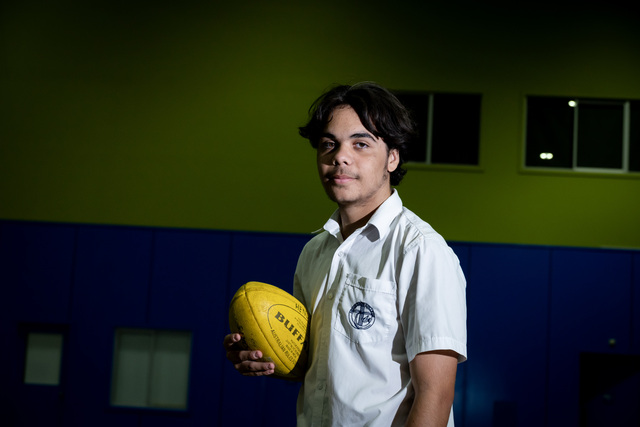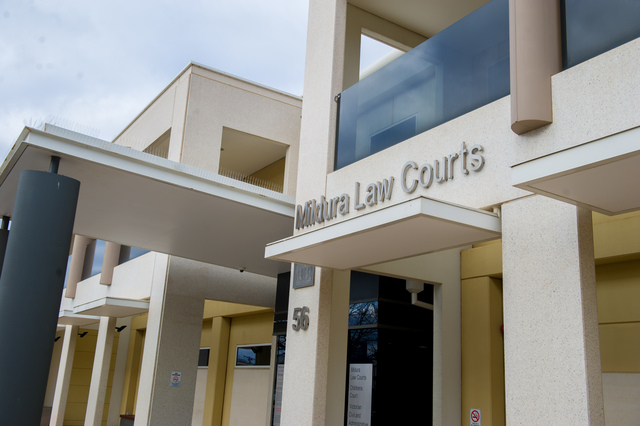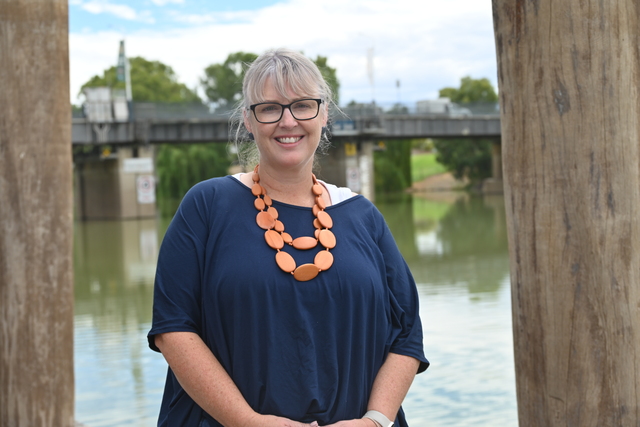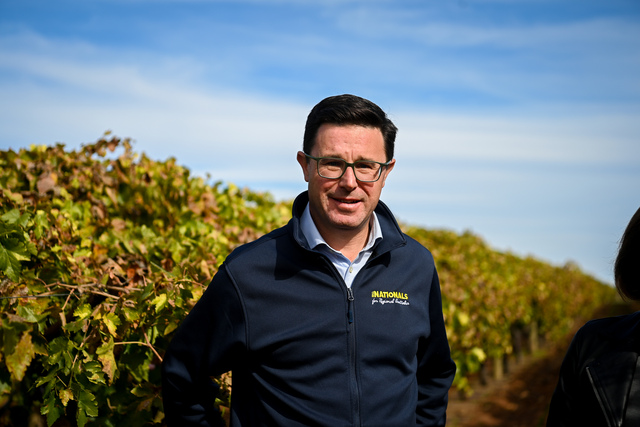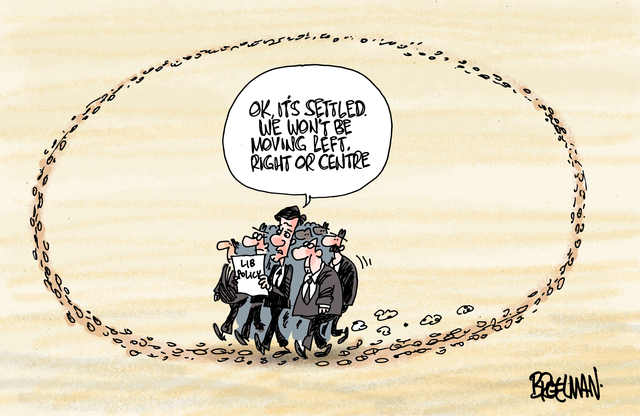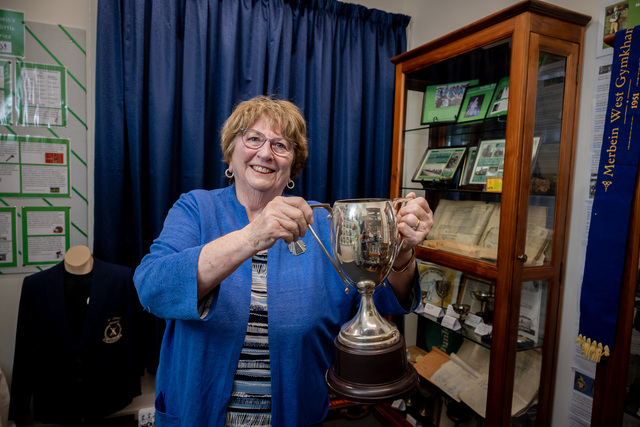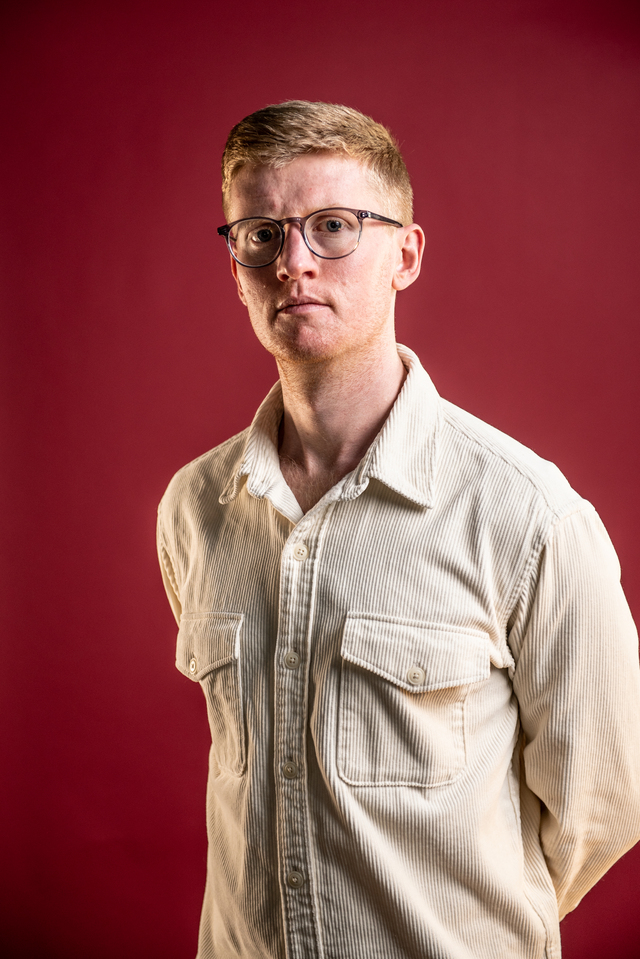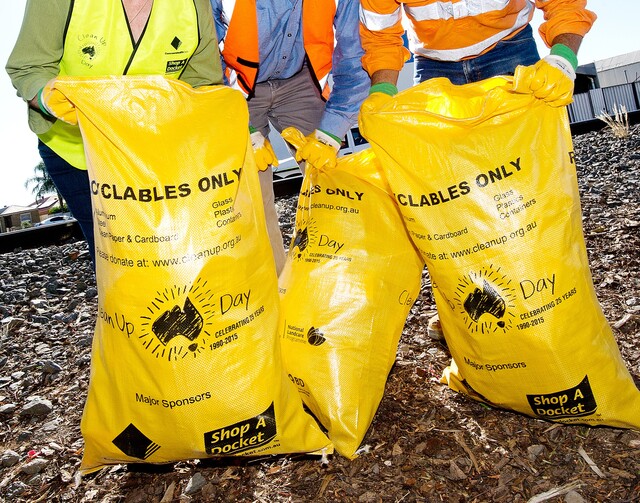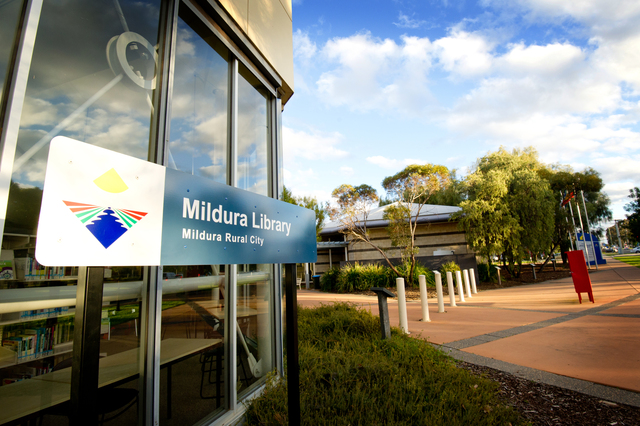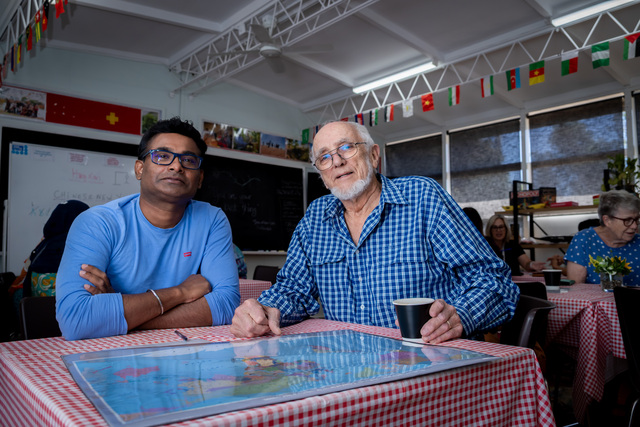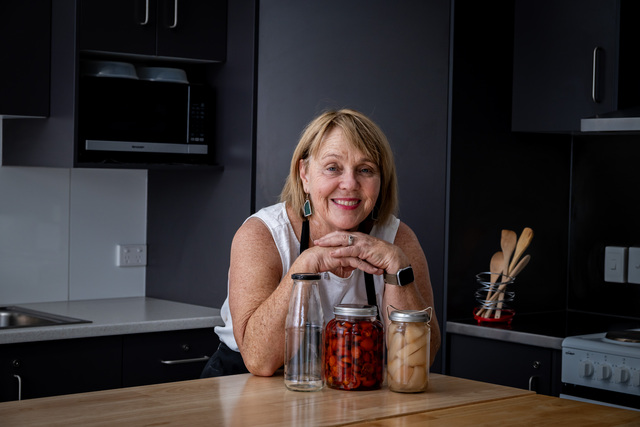POSHU is the brainchild of Susan Howe; a Sunraysia local who set her sights on improving the lives of Ugandan women by way of education and support. Danielle Wilcock sat down with her to discuss how it all came about and what it has achieved in its 10 year life span.
WHEN Susan Howe relocated to Uganda with her family and two youngest children more than a decade ago, the last thing she expected to do was become founder of an organisation committed to improving the lives of women in rural and remote parts of Uganda.
Susan’s organisation POSHU, which stands for Project of Self Help Uganda, focuses primarily on educating women who have been affected by HIV, AIDS, violence and poverty.
In February of 2009, a few months after setting up home in Wairaka, a town on the banks of Lake Victoria, POSHU was established.
The decision to move, which was largely influenced by her husband’s long standing work for the Red Cross, introduced a new way of life and exposed her to the country’s depravity and poverty.
Susan explains that it was in fact a discussion between neighbours that is in part responsible for POSHU’s inception.
“My neighbour was a British doctor and he suggested that there was a need for it,” Susan explains. “When I came with him to a village that he was working as a doctor, there was an older woman who had set up English classes for other women whose lives had been impacted by HIV and AIDS.”
These classes meant that women were taught “to write their own name, they had no literacy and when you can’t write your own name it’s a shameful thing,” Susan says.
Susan goes on to explain an instance where parents had taken their sick child to the clinic, which was an entire day’s walk from their village.
“They’d taken the wrong health card and were sent back to their village with their child and with immense shame,” she says.
“They’d put their child’s life at risk because they couldn’t read their name.”
It was Susan’s first-hand experience and exposure to such tragic circumstances that was the driving force behind POSHU’s establishment.
She acknowledged the tremendous need for women in these remote and rural communities to have access to education and ultimately find their own voice.
“Some of these women go onto attend teachers college, an immense achievement,” she says.
Susan’s philosophy is to “provide support and mentor the women as they find their own way out of poverty”.
She emphasises the need for female leadership, something that historically has been impossible due to rebel violence and strife.
Susan explained that by teaching English to the women and educating them on the basics of disease and medication, farming and sewing they can become leaders in their own right and guide their communities.
She identifies the need to allow the communities to make the decisions and take ownership for them.
“What I see as one step, they see as 100, which is what makes sense to them and how they have survived in their community for centuries,” she explains.
There is always particular emphasis on inclusion of the entire village, Susan says that “males are included but it’s a women’s education project and the men recognise that.”
Despite her desire to help these women, starting the organisation wasn’t without its difficulties.
“I used my own shopping money to begin with and I bought books from the markets,” she says.
“I also begun to distribute seeds which I found meant a lot to them.”
Susan says that she has been able to secure the distribution of seeds and grains to 14 villages, something that may not have been possible without the assistance of local agricultural committees. Beforehand these communities had no access to seeds and therefore unable to grow their own produce.
Educating women on the importance of nutrition obtained from their own produce was something Susan found particularly significant, especially when access to medicine is extremely limited.
She explains that by providing each English teacher with a self-help manual, including basic but vital instructions ranging from self-care and rehydration methods to planting seeds and gardening, the women are better enabled to look after themselves, their families and their communities.
Since POSHU’s first English classes commenced in Wairaka in 2009, more than 100 teachers have been successfully educated and mentored, something that Susan is immensely proud of.
The teachers have opportunities to be paid an income.
“I pay the teachers a small amount on a Saturday and they are saving that money,” Susan says.
“One teacher saved enough to buy some goats. She bred from them then sold them and bought two bull calves. which were than fattened up and sold to buy some land.”
The past 12 months however has been of particular significance for both Susan and POSHU.
With the support of a number of charitable donors and local Mildura businesses, land was able to be purchased in Orapada, Kumi District, for the POSHU Projects Hub.
Fences and a latrine have already been built with hopes to build further on this land over the next 12 months.
Susan explains that one half will be designated to an Enterprise shed for young men to develop labor skills, the other a learning centre for the women.
When asked if she could recall any individual success stories that have been of personal significance, Susan struggled to choose.
Perhaps because she’d experienced not one triumph but in fact had witnessed many.
Susan genuinely marvels in seeing these women develop personally, grow in confidence and strength, take leadership and establish social groups that before were none existent.
Susan also welcomes anyone wanting to help with her project and grow over the next 12 months. Susan dedicates most of her time to fundraising locally.
She explains how the Mildura community have welcomed her organisation and embraces her efforts. Susan and her family moved to Sunraysia in September 2009 and has continued to be extremely committed to POSHU, travelling to Uganda yearly, an expense that is entirely self-funded.
She does this to provide assistance to the villages as they build their independence and further mentor the teachers as they qualify and gain employment.
“It’s a two way benefit, people like supporting POSHU because it helps them make sense of the world and it’s a story full of hope for the Ugandan women and also people here,” she says.

